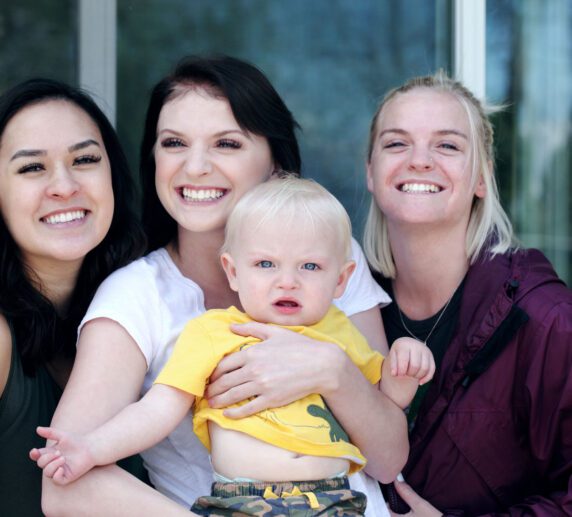
SEED Futures brings together the whole system, uniting hearts and minds through storytelling, to achieve meaningful intergenerational reform.
SEED Futures is the conduit between lived experience, governments and philanthropy to create primary preventative intervention opportunities at life stage moments, starting with the first 1000 days.
SEED Futures is creating a simple and holistic Incremental Reform Catalogue, working across government and with communities so that needs can be met early and families can flourish.
SEED Futures provides a pathway for organisations to contribute their community learnings to the incremental reform process.
Government services can cause and compound distress in those experiencing entrenched disadvantage, perpetuating the conditions of disadvantage due to a lack of efficacy and coordination of the timing and availability of essential support services. SEED Futures works with these government departments, philanthropy and agencies to improve the delivery and timing of their services to beneficiaries, to alleviate the conditions of disadvantage in a more effective manner and at a greater scale than what is currently possible through primary services organisations solely.
SEED Futures works to secure financial commitments from both governments and philanthropic foundations to commit to primary services organisations that relieve the distress of the beneficiaries. This amplifies the benevolent relief provided to beneficiaries by increasing the scope of the reach of primary services organisations. We do this by accurately understanding the nature of the difficulties faced by those experiencing entrenched disadvantage at a systemic level, diagnosing their causes, and designing more effective solutions to ensure that the benevolent relief provided to them is effective, in efforts to alleviate the conditions of disadvantage they face.
How Our Approach Works
We listen and share real life stories on interactions with the system. We convene groups of people from government, the sector and lived experience to uncover the root cause, systemic issues and re-envisage the system to provide the right support, to the right people at the right time.
Read Our GoalsOur Focus Areas
Working with agencies across disciplines and drawing on lived experience, SEED Futures aims to design policy approaches and create an enduring system that places people at the heart of policy.
System
We need to simplify and re-envision the systems that support families.
Drawing on lived experience and an analysis of pathways and costs, SEED will work across sectors and government to build the case for different policy approaches.
This will inform a reimagined system with universal and targeted elements, developed with the individual and family at the centre.
Prevention
We need people on the ground creating pathways to opportunity.
Primary prevention for children and parents across the first 1000 days is meeting the needs of the parent and child before disadvantage takes hold. The focus is on addressing social factors that influence health and well-being before problems arise. Social primary prevention during the first 1,000 days (from conception to age two) focuses on creating a supportive environment that promotes the well-being of both the mother and child, aiming to prevent social and health issues before they develop. It targets key social factors that can affect health outcomes during this critical period.
Examples of social primary prevention during the first 1,000 days include:
- Support for Expecting Mothers: Providing access to prenatal care, education, and emotional support to reduce stress and ensure the mother’s well-being.
- Reducing Poverty: Addressing financial insecurity through social safety nets, such as parental leave and financial assistance, to ensure families have the resources they need to support their child’s development.
- Access to Healthcare: Ensuring that pregnant women and young children have access to regular healthcare, including immunizations, to prevent health problems.
- Promoting Breastfeeding: Encouraging and supporting breastfeeding, which not only provides optimal nutrition but also strengthens the mother-child bond and protects against social health disparities.
- Creating Safe Environments: Ensuring the family has a safe home and community environment, free from violence or neglect, which is vital for the child’s emotional and physical development.
By addressing these social factors early on, primary prevention can help reduce risks of poor health, inequality, and social challenges for both the mother and child throughout life, and for future generations.
Funding
We need long-term thinking to fund viable support systems.
We need to raise ourselves above election and budget cycles and ensure efforts are put to system navigation and support rather than chasing funding. By understanding where costs currently sit, we can develop an approach to funding that goes across portfolios.
Stay updated
Stay up to date with policy developments, recommendations and opportunities for participation.
"*" indicates required fields


